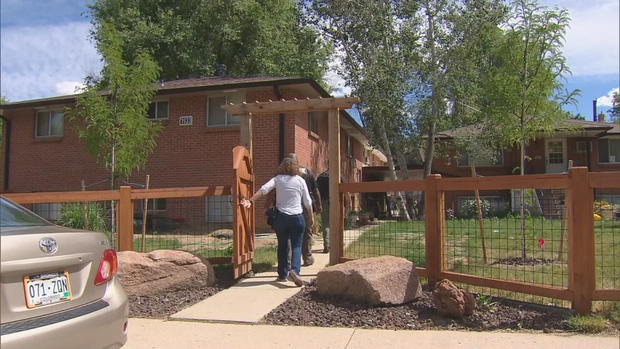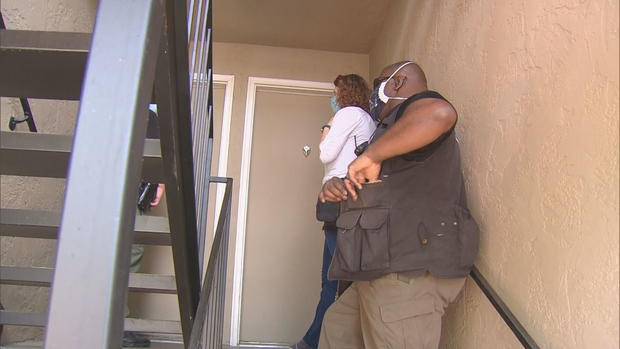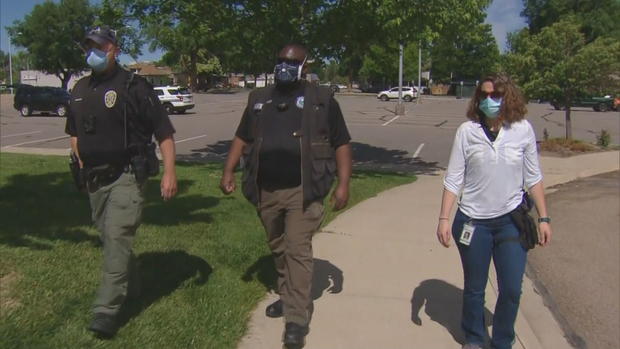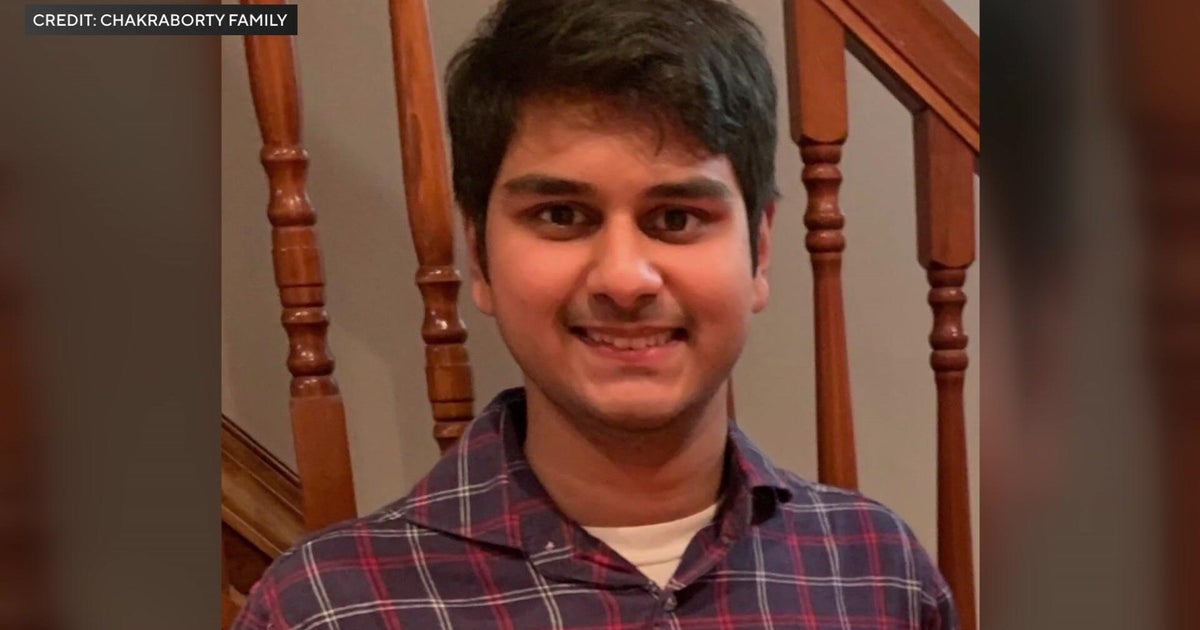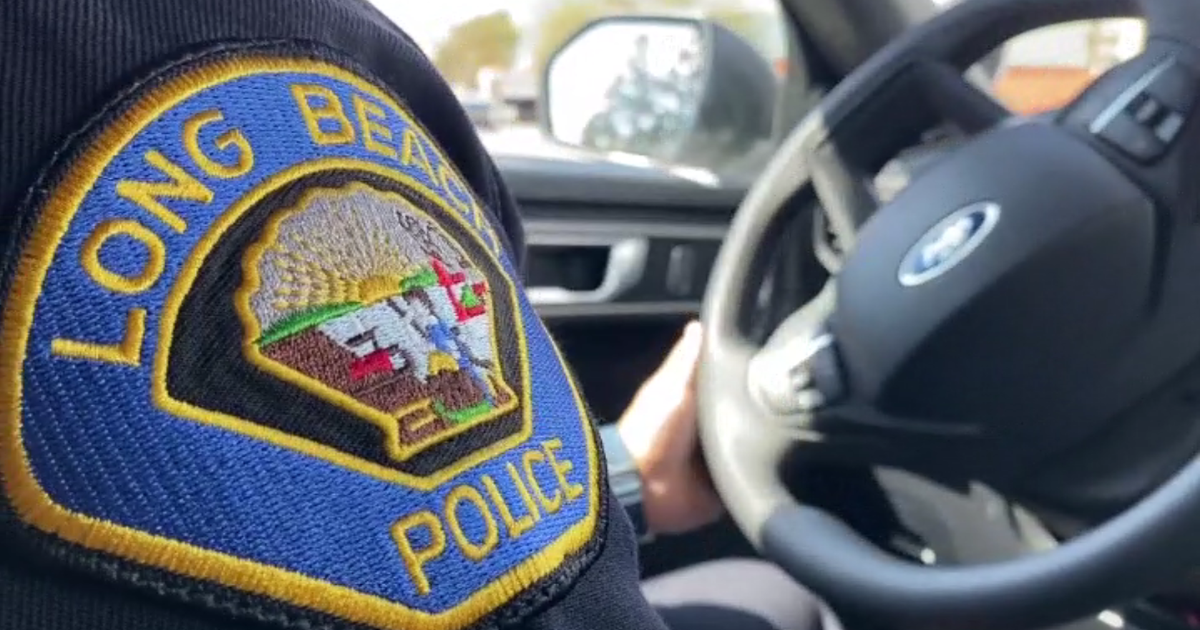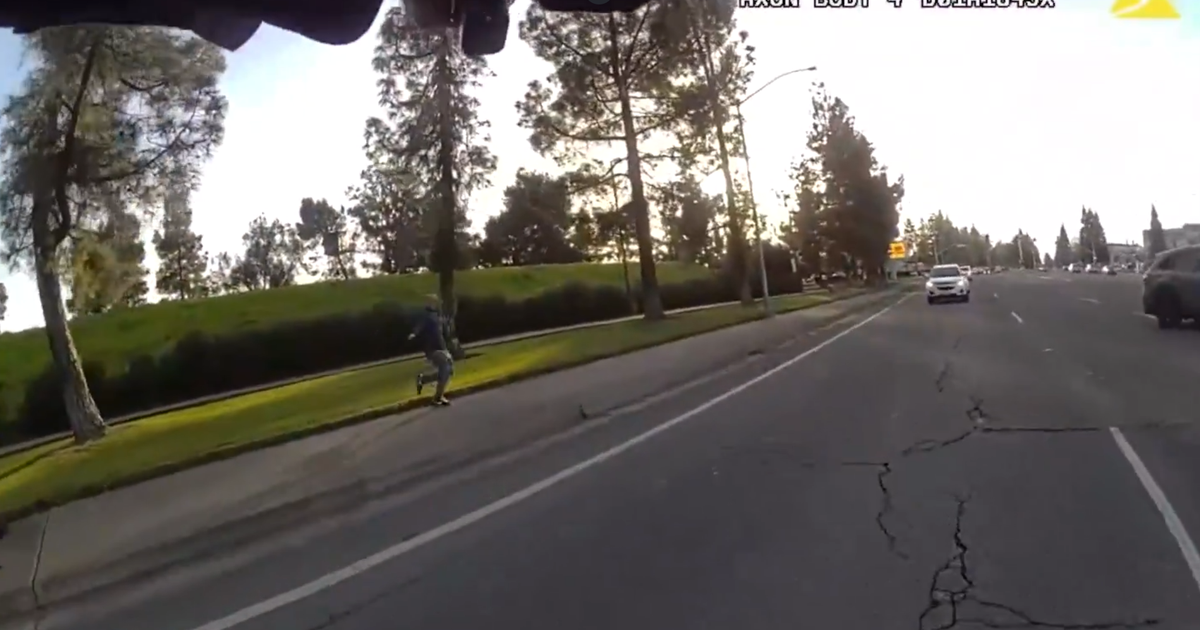Longmont's CORE Team Serving As Example For Police Reform
LONGMONT, Colo. (CBS4) - Even before a nationwide movement urging police reform began, Longmont was a model for how police respond to mental health calls. For more than three years the city's Public Safety Department was been working to develop teams that respond to calls and allow standard patrol officers to focus on other issues.
"It's completely different than normal police work," said Sgt. Andy Feaster of the Longmont Department of Public Safety. "We're really trying to humanize that relationship and help them see that the police are not there to fight with them when they're really struggling. We want them to see us as a resource that will help them through that situation."
The Crisis Outreach Response and Engagement team, or CORE, is made up of three members including a police officer for safety, mental health clinician for behavioral needs, and a paramedic for medical issues. The team emphasizes de-escalation and problem solving instead of assigning a criminal case to most incidents.
"We're bringing new expertise into this field now. We're bringing progression into this field now with this team," said Feaster. "We're really trying to engage that population and break down a lot of the barriers that have existed between police and those that have mental health issues."
Longmont officials say the suicide rate in the city has decreased by 50% and much of the credit is given to the CORE team and the impact it's had. The CORE team is called to new cases, but can spend most of its day checking in on people it's previously encountered.
"Helping this person get the right connections, get those appropriate local resources and now the relationship is so different in a positive way between people who have issues and the police. Decisions are being made differently about sending people to jail and charging people that have mental health issues now. That's a big piece of what we do now, trying to divert away from that system," Feaster said
A similar team is used for diverting low level drug offenses and substance abuse to connect with resources instead of jail.
"And that's where we're really building those relationships. We're helping them gain confidence in themselves by us being a positive part of their life. What we cannot afford to have happen is for that situation to end in a more traumatizing result than it would have been if we weren't there," Feaster said.
Longmont is hoping to add a third CORE team by the end of the year. Before the pandemic hit, other cities and departments would make trips to Longmont to see how the program works so it can be implemented at other departments.
The pandemic has brought about another change. Before COVID-19, only about 40% of CORE team cases were with new people. After COVID-19 quarantines, 70% of cases were with new people the team hadn't interacted with before.
"Somebody really does care about you, and it's the police department," said Feaster. "We're working really, really hard to break down those previous, historical perceptions between police and those that struggle with mental illness and that relationship and what it looks like. And it's working in this city."
